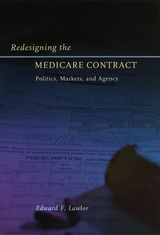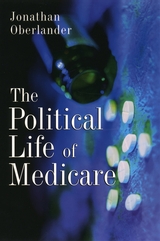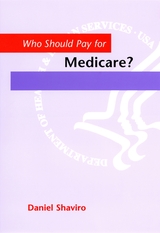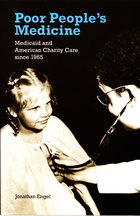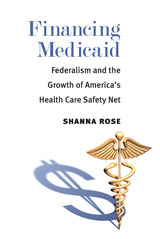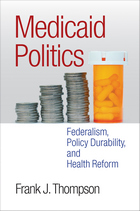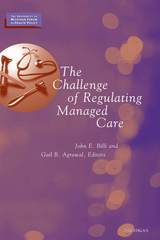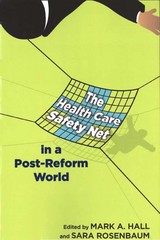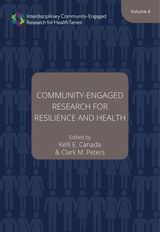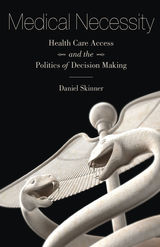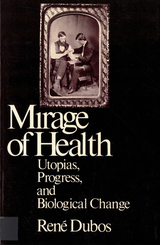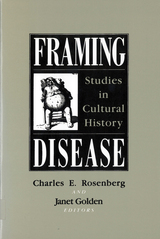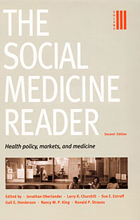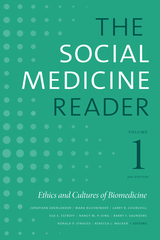eISBN: 978-0-8135-7930-6 | Paper: 978-0-8135-5306-1 | Cloth: 978-0-8135-5305-4
Library of Congress Classification RA413.7.U53H424 2012
Dewey Decimal Classification 368.38200973
The Health Care Safety Net in a Post-Reform World examines how national health care reform will impact safety net programs that serve low-income and uninsured patients. The “safety net” refers to the collection of hospitals, clinics, and doctors who treat disadvantaged people, including those without insurance, regardless of their ability to pay. Despite comprehensive national health care reform, over twenty million people will remain uninsured. And many of those who obtain insurance from reform will continue to face shortages of providers in their communities willing or able to serve them. As the demand for care grows with expanded insurance, so will the pressure on an overstretched safety net.
This book, with contributions from leading health care scholars, is the first comprehensive assessment of the safety net in over a decade. Rather than view health insurance and the health care safety net as alternatives to each other, it examines their potential to be complementary aspects of a broader effort to achieve equity and quality in health care access. It also considers whether the safety net can be improved and strengthened to a level that can provide truly universal access, both through expanded insurance and the creation of a well-integrated and reasonably supported network of direct health care access for the uninsured.
Seeing safety net institutions as key components of post-health care reform in the United States—as opposed to stop-gap measures or as part of the problem—is a bold idea. And as presented in this volume, it is an idea whose time has come.
See other books on: Hall, Mark A. | Health Policy | Medical | Public Health | Rosenbaum, Sara
See other titles from Rutgers University Press


